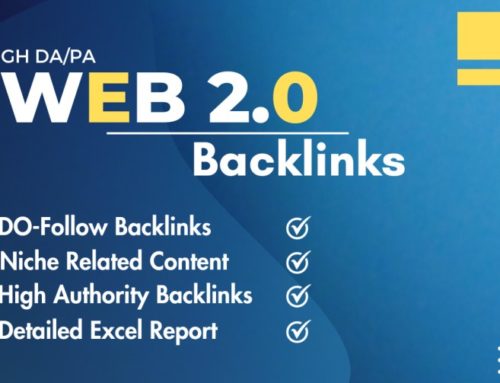Backlinks have long been a crucial component for improving search engine rankings and driving organic traffic to websites. However, backlinks exchange has become a controversial topic in recent years. Are these exchanges still effective for boosting SEO success, or could they potentially do more harm than good?
In this article, we delve into the backlinks exchange dilemma, exploring the impact it can have on your SEO efforts. We will examine the pros and cons of participating in backlink exchanges, weigh the potential benefits against the risks, and discuss the best practices for navigating this tricky landscape.
The concept of backlinks exchange
Backlink exchanges involve two websites agreeing to link to each other’s content to improve their search engine rankings. The idea behind this practice is that search engines consider backlinks as votes of confidence for a website’s authority and relevance. By exchanging links with other websites, you can potentially increase your own website’s visibility and authority in the eyes of search engines.
However, it’s important to note that not all backlink exchanges are created equal. Some websites engage in shady practices, such as buying or selling backlinks, which can severely affect your SEO efforts. It’s crucial to approach backlink exchanges cautiously and consider the potential risks involved.
Pros and cons of backlinks exchange
Like any SEO strategy, backlink exchanges have their fair share of pros and cons. On the positive side, backlink exchanges can provide a quick and easy way to acquire backlinks, especially for new websites looking to establish their online presence. They can also help you build relationships with other website owners in your niche, potentially leading to future collaborations and opportunities.
However, there are also drawbacks to consider. Backlink exchanges can sometimes result in low-quality links from irrelevant or spammy websites, harming your SEO efforts. Search engines have become increasingly sophisticated in detecting and penalizing manipulative link-building practices, so you must ensure that the links you acquire are from reputable and relevant sources.
The impact of backlinks exchange on SEO rankings
The impact of backlink exchanges on SEO rankings can vary depending on several factors. While some websites have reported significant improvements in their search engine rankings due to backlink exchanges, others have experienced negative consequences, such as penalties from search engines.
One key factor to consider is the quality of the backlinks you acquire through exchanges. Search engines place a high value on links from authoritative and relevant websites. If the majority of your backlinks come from low-quality or irrelevant sources, it can negatively affect your SEO rankings. It’s essential to prioritize quality over quantity when engaging in backlink exchanges.
Alternative strategies to backlinks exchange
Given the potential risks associated with backlink exchanges, it’s worth exploring alternative strategies to improve your SEO rankings. One effective approach is to create high-quality, valuable content that naturally attracts backlinks from reputable sources. By consistently producing content that offers unique insights, solves problems, or provides entertainment, you can increase your chances of naturally acquiring valuable backlinks.
Another strategy is actively reaching out to website owners and influencers in your industry, proposing collaborations or guest posting opportunities. This allows you to build relationships, gain exposure to new audiences, and acquire high-quality backlinks from authoritative sources.
Building quality backlinks organically
To build quality backlinks organically, it’s crucial to prioritize several key factors. First, ensure that your website offers valuable and relevant content worth being linked to. This can include in-depth guides, original research, thought-provoking articles, or engaging multimedia content.
Additionally, consider optimizing your website for search engines by implementing on-page SEO techniques such as proper keyword usage, meta tags, and internal linking. This can help search engines understand the relevance and authority of your content, increasing the chances of acquiring organic backlinks.
A few mistakes to avoid when building backlinks
When building backlinks, it’s important to avoid common pitfalls that can negatively affect your SEO. One common mistake is focusing solely on quantity over quality. Acquiring a high volume of low-quality backlinks can do more harm than good, as search engines may view this as a manipulative practice.
Another backlink mistake is neglecting to diversify your links profile. It’s important to acquire backlinks from various sources, including different types of websites and domains, to demonstrate credibility and relevance to search engines. Additionally, avoid using spammy or black-hat SEO tactics, as these can result in severe penalties from search engines.
Conclusion and final thoughts
The backlinks exchange dilemma is a complex issue that requires careful consideration. Backlink exchanges offer a quick way to acquire backlinks but come with risks. It’s crucial to be cautious, ensuring links are from reputable sources. Alternatively, organic strategies like creating valuable content and building relationships with influential websites can yield more sustainable results. Prioritizing quality over quantity, staying informed about SEO trends, and adapting your strategy is key. The effectiveness of backlink exchanges for SEO depends on your approach and understanding of risks.
To avoid any doubts, it is better to leave your SEO efforts to a professional like GBL. Here, we use the right strategies and a focus on quality to improve search engine rankings and drive organic traffic to your website. Contact us to learn more about our backlink packages.



